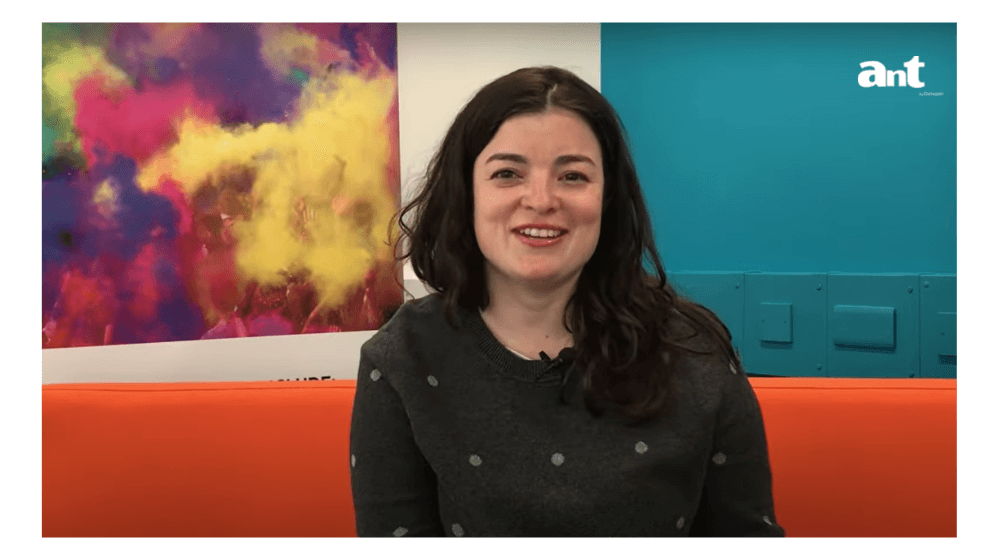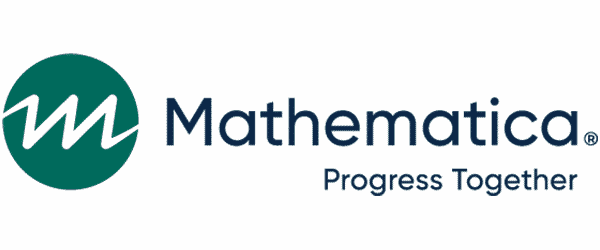
Home » Transcript Library » Dr Jessamy Perriam on C Wright Mills'”Sociological Imagination” Transcript
Dr Jessamy Perriam on C Wright Mills'”Sociological Imagination” Transcript
Jessamy Perriam 00:00:00
Hi, I’m Jess Perriam from the Sociology discipline. This year marks the 60th anniversary of both a book and an idea developed by C. Wright Mills called The Sociological Imagination.
00:00:12
Mills did the bulk of his work in the period after World War II and focused on social inequality, problems facing the middle class and power held by the elite. He often disagreed with sociologists of the same era and asserted that they were often too detached from the communities they claim to study. So, he called for sociologists to be more concerned and involved with problems in everyday life. C. Wright Mills thought sociologists should be activists as well as researchers.
00:00:40
C. Wright Mills wrote his book, The Sociological Imagination in 1959. He wanted to clarify his ideas on how social scientists could think about and frame sociology by describing how it can help people to observe and understand society. He describes how sociologists must pay attention to both the personal troubles and the public issues. So, Mills suggests that society impacts individual lives much more than the ordinary person realizes. He shows us that problems we encounter individually can often be understood as contributing to the narrative of broader problems happening in society. So, one example of this could be the increase of food bank usage and a decade of austerity policies in the UK. Many individuals have experienced changes to government support that have led them to seek support from food banks. These are examples of many personal troubles, but, when we begin to add up these many personal troubles and the mental and physical health problems that arise from austerity, we begin to see a public issue of poverty occur.
00:01:47
But in a digital age, we’re also left with more ways for individuals to talk about the personal troubles they’re encountering. We also find ourselves in a society where there is more data available to describe public issues and yet in some respects, it might seem as though the digital age means that there are many personal troubles and public issues vying for our attention. So, is it time to amend the sociological imagination for a digital age?
00:02:15
Join us for our second level module—Understanding Digital Societies—from 2020 onwards.
Copyright Disclaimer
Under Title 17 U.S.C. Section 107, allowance is made for “fair use” for purposes such as criticism, comment, news reporting, teaching, scholarship, and research. Fair use is permitted by copyright statute that might otherwise be infringing.






